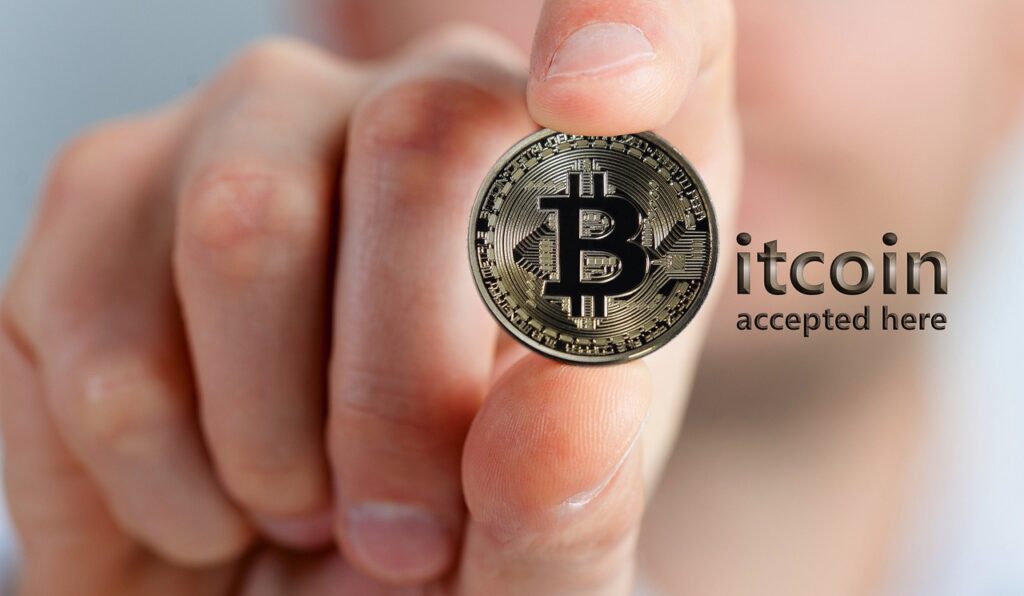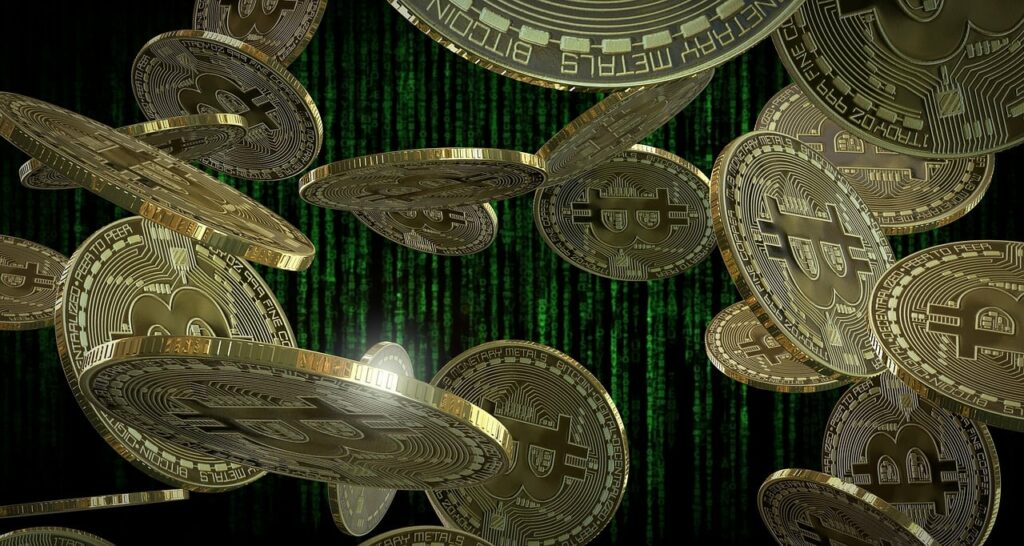Introduction to Decentralized Finance:
Decentralized Finance (DeFi) has emerged as a transformative force within the cryptocurrency ecosystem, reshaping traditional financial systems and offering new possibilities. In this blog, we will explore the world of Decentralized Finance (DeFi), its core principles, key components, and the potential it holds for revolutionizing finance. Join us as we demystify DeFi and uncover the power of this innovative approach to crypto-driven financial solutions. To learn more about signal and earn more visit: forex trading strategies.
Understanding Decentralized Finance (DeFi):
A Paradigm Shift in Finance: DeFi represents a paradigm shift by utilizing blockchain technology to create an open, transparent, and accessible financial ecosystem. It aims to eliminate intermediaries and empower individuals with full control over their assets and financial activities. At its core, DeFi prioritizes decentralization, trustlessness, and permissionless innovation.

Exploring DeFi Building Blocks:
- Smart Contracts: Decentralized Finance (DeFi) relies on smart contracts, self-executing agreements stored on the blockchain. These programmable contracts automate transactions and remove the need for intermediaries, ensuring trust and efficiency.
- Decentralized Exchanges (DEXs): DEXs enable peer-to-peer trading without relying on a central authority. They utilize smart contracts to facilitate secure and transparent transactions, allowing users to trade directly from their wallets.
- Stablecoins: These cryptocurrencies aim to provide stability by pegging their value to external assets like fiat currencies or commodities. Stablecoins enable seamless transfers between crypto and traditional financial systems.
- Decentralized Lending and Borrowing: Decentralized Finance (DeFi) platforms offer lending and borrowing services through smart contracts. This eliminates the need for banks or credit intermediaries, allowing users to lend or borrow directly from the DeFi ecosystem.
- Liquidity Pools and Automated Market Makers (AMMs): Liquidity pools enable users to contribute their funds to a pool, providing liquidity for decentralized exchanges. AMMs, powered by smart contracts, automate the process of liquidity provision and enable efficient token swaps.
- Yield Farming and Staking: DeFi introduces innovative incentives where users can earn rewards by participating in liquidity provision or staking their tokens. Yield farming involves leveraging these opportunities to maximize returns on invested assets.
Decentralized Finance Innovations and Use Cases:
DeFi has sparked numerous innovative use cases that challenge traditional financial systems:
- Decentralized Insurance: Smart contracts enable the creation of transparent and automated insurance policies, reducing costs and increasing accessibility.
- Tokenization and Asset Management: DeFi allows assets such as real estate or artwork to be tokenized, increasing liquidity and enabling fractional ownership.
- Decentralized Identity: Self-sovereign identity solutions empower individuals to control their personal data and interact with various platforms without compromising privacy.
- Governance and DAOs: Decentralized Autonomous Organizations (DAOs) enable community-driven decision-making, giving participants a voice in protocol governance and development.
- Cross-Chain Interoperability: Solutions are being developed to enable seamless communication and transactions between different blockchain networks, enhancing DeFi’s scalability and reach.
Navigating the Risks and Security Considerations in Decentralized Finance (DeFi):
While DeFi offers numerous benefits, it also comes with risks:
Smart contract vulnerabilities pose a significant risk in the DeFi ecosystem. Poorly coded smart contracts can contain vulnerabilities that malicious actors can exploit. To mitigate these risks, conducting code audits and thorough security reviews is essential.
Engaging in comprehensive research and due diligence is crucial before participating in any DeFi project. It’s important to understand the project’s team, audit reports, and community sentiment. This information helps assess potential risks and make informed investment decisions.
Ensuring fund security is paramount in the DeFi space. Users should adopt best practices such as using hardware wallets, employing multi-factor authentication, and being cautious when interacting with unknown or suspicious contracts. By taking these precautions, users can safeguard their funds and protect themselves from potential attacks.
DeFi insurance platforms have emerged as a valuable resource for mitigating risks. These platforms provide additional protection against hacks, exploits, and smart contract failures. Considering DeFi insurance options can provide peace of mind and an extra layer of security for participants in the ecosystem.
Regulatory Landscape and Future Outlook of DeFi:
- Regulatory Challenges: The decentralized and global nature of DeFi poses challenges for traditional regulatory frameworks. Authorities are working to establish guidelines and frameworks to ensure consumer protection and prevent financial crimes.
- Government and Regulatory Involvement: Governments are exploring ways to engage with DeFi, balancing innovation with regulatory oversight. Collaboration between regulators, industry participants, and DeFi projects is crucial for responsible growth.
- Institutional Adoption: As institutional players enter the DeFi space, it brings both validation and potential regulatory advancements. Increased liquidity and participation from institutional investors could drive further development and maturation of DeFi.
- Future Developments: Decentralized Finance (DeFi) is evolving rapidly, with ongoing advancements in scalability, privacy, and cross-chain interoperability. Innovations like layer-2 solutions and privacy-preserving technologies are expected to shape the future of DeFi.
Conclusion:
Decentralized Finance (DeFi) has revolutionized the financial landscape, offering a decentralized, transparent, and inclusive alternative to traditional finance. By understanding the core principles, exploring the building blocks, considering risks, and staying informed about regulatory developments, individuals can actively participate in this transformative financial revolution. Embracing DeFi responsibly opens up new avenues for financial empowerment and innovation, shaping a future where financial services are accessible to all. If you are looking for forex signal, visit: forex signal.
You may also like
-
Automatic Fruit Wine Bottling Line for Small Wineries: A Complete Guide
-
How Does Plywood HSN Code Decide the GST Rate for Traders and Manufacturers?
-
POS Terminal Type: Which Is Best for Your Business?
-
How to Choose Fixed and Portable Gas Monitors for Industrial Gas Detection?
-
Simplifying Trademark Registration in Hong Kong: What Businesses Need to Know

